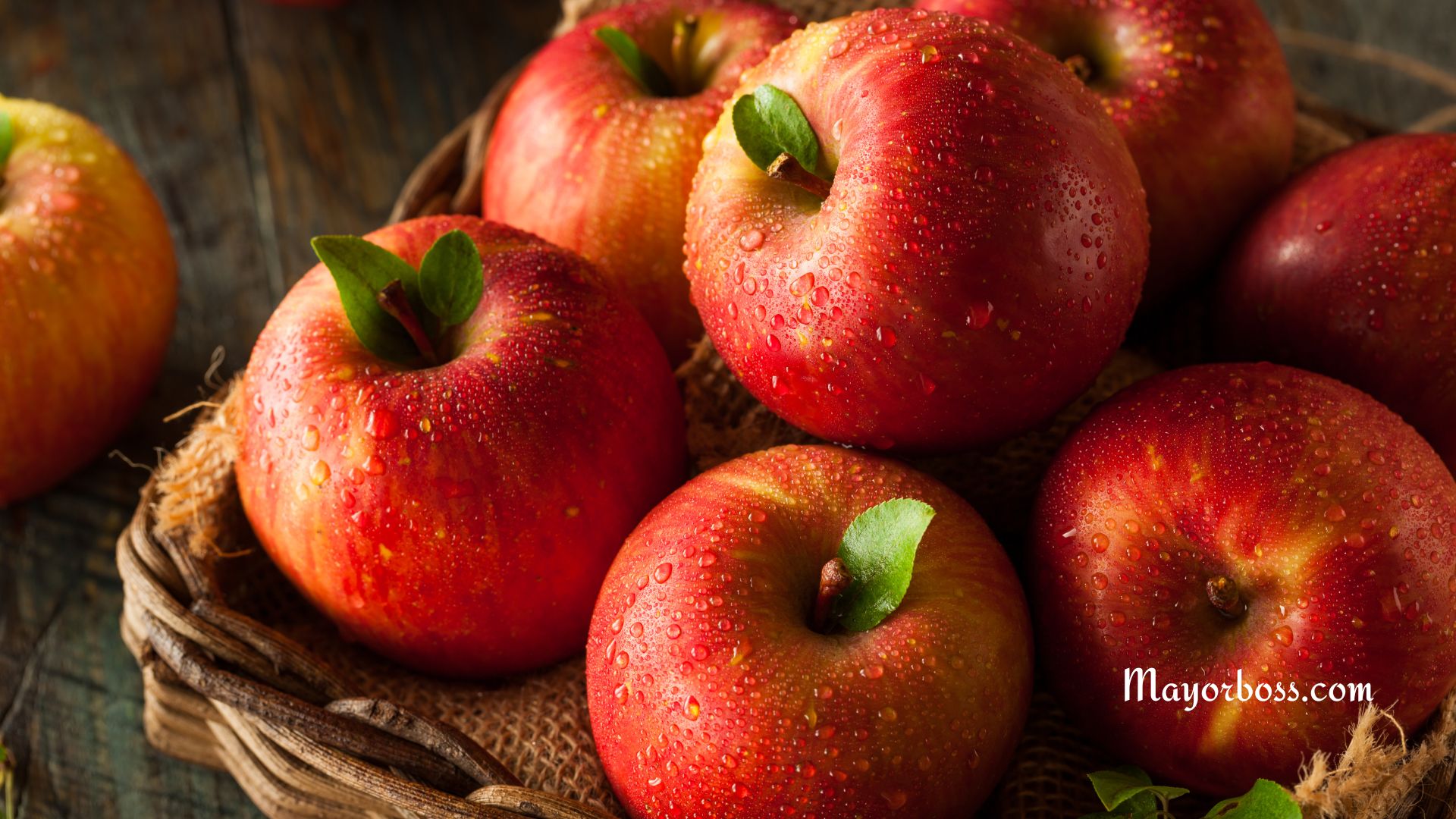Aloe Vera: The Benefits and Uses
Aloe Vera is an adaptable plant with a wide array of health and beauty benefits. Its hydrating, soothing, and healing properties make it a valuable natural remedy for skin issues, treating sunburn, digestive problems, and more.
What is Aloe Vera?
Aloe Vera is an annual succulent plant that belongs to the lily family, although it closely resembles a cactus due to its spiky leaves. It is native to the Mediterranean, Southern Africa, and other subtropical regions.
The plant is known for its thick, fleshy leaves that contain a clear gel. This gel is composed of around 99% water and is where most of the plant’s beneficial compounds are found.
It contains numerous vitamins, minerals, enzymes, sugars, lignin, saponins, salicylic acids, and amino acids.
Aloe Vera has been used for thousands of years for its therapeutic properties. It’s widely used in traditional and folk medicine for a range of ailments.
Today, it’s commonly used in many consumer products, including beverages, skin lotions, cosmetics, ointments, and creams, due to its moisturizing, healing, and soothing properties.
Health Benefits of Aloe Vera
1. Moisturizes Skin
One of the most well-known uses of Aloe Vera is as a skin moisturizer. Aloe Vera gel is full of water, making it incredibly hydrating for dry skin.
It’s also non-greasy, so it’s perfect for those with oily or combination skin types.
Furthermore, aloe Vera’s rich antioxidant content aids in reducing visible signs of aging.
A study discovered that the consumption of aloe vera had positive effects on collagen production and the reduction of wrinkles in a group of women aged 40 and above.
2. Soothes Sunburn
Aloe Vera is famous for its cooling and soothing properties, making it excellent for relieving sunburn. It helps to reduce inflammation and accelerate the healing process of the skin.
3. Boosts Immune System
Aloe Vera is rich in antioxidants and vitamins that can help boost your immune system. It’s especially high in vitamins C and E, which help to protect your body against harmful free radicals.
4. Supports Digestive Health
Aloe Vera juice has long been used as a natural remedy for digestive issues. It can help to soothe the lining of the stomach and intestines, aiding in the digestion process.
5. Promotes Oral Health
Aloe Vera can be beneficial for your oral health too.
Studies have shown that Aloe Vera can be as effective as regular toothpaste in cleaning teeth and reducing plaque, thanks to its natural antibacterial and antiviral properties.
6. Wound Healing
You can directly apply Aloe Vera gel to minor cuts and burns. It’s known for its healing properties and can accelerate the process of skin repair.
How to Use Aloe Vera
Topical Use
To use Aloe Vera on your skin, you can simply cut a leaf open and apply the gel directly to your skin, or you can buy Aloe Vera gel or skin care products that contain Aloe Vera.
Remember to do a patch test first to make sure you’re not allergic.
Oral Use
For internal health benefits, you can take Aloe Vera orally. Aloe Vera juice is sold in most health food stores. You can drink it on its own or add it to your smoothies or water. Be sure to follow the dosage instructions on the bottle.
Aloe Vera is a natural, gentle ingredient with a multitude of health benefits. Whether you’re using it for your skin or your digestive health, it’s a great plant to incorporate into your daily routine.
However, as with any natural remedy, it’s always best to talk to your doctor or a healthcare professional before using aloe vera orally.
Potential Side Effects and Precautions
While Aloe Vera is generally safe to use and has numerous benefits, it’s not without potential side effects, and certain precautions should be taken.
1. Allergic Reaction
Some people may be allergic to Aloe Vera. It’s always wise to perform a patch test before applying it extensively, especially if you have sensitive skin.
If you notice redness, a rash, or any sign of an allergic reaction, stop using it immediately.
2. Digestive Issues
While Aloe Vera juice is often used to aid digestion, it can also cause digestive issues in some people, such as abdominal cramps or diarrhea.
This is especially likely with overconsumption. Therefore, always adhere to the recommended dosage.
3. Drug Interactions
Aloe Vera can interact with certain medications.
For instance, it can decrease the effectiveness of some drugs, such as those used in chemotherapy, and it can increase the effects of steroid creams.
If you’re taking any medication, it’s important to consult with your healthcare provider before using Aloe Vera.
4. Not Suitable for Everyone
Certain individuals should avoid Aloe Vera.
These include pregnant and breastfeeding women, as oral consumption of Aloe Vera can stimulate uterine contractions and be potentially harmful to infants.
It’s also not recommended for children under 12 years old and people with kidney disease or heart disease due to the potential for electrolyte imbalance.
5. Risk of Contamination
Aloe Vera products can sometimes be contaminated with harmful substances.
Therefore, it’s crucial to buy from reputable sources and preferably to choose products that have been certified by an independent third party.
Closing Thoughts
Aloe Vera, with its myriad of benefits, has earned its place as a staple in many health and beauty routines.
Its soothing, moisturizing, and healing properties make it a versatile natural remedy for a range of issues, from skin problems to digestive complaints.
However, while it’s generally safe for most people, it’s crucial to be aware of the potential side effects and precautions.
Everyone’s body reacts differently, and what works for one person might not work for another.
Always start with small doses, observe your body’s reaction, and consult with a healthcare provider if you have any concerns.






